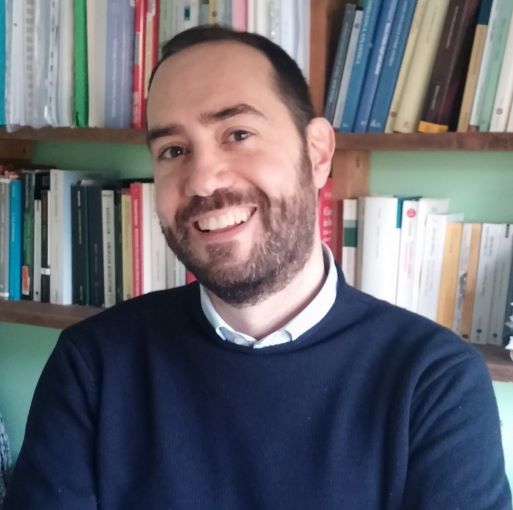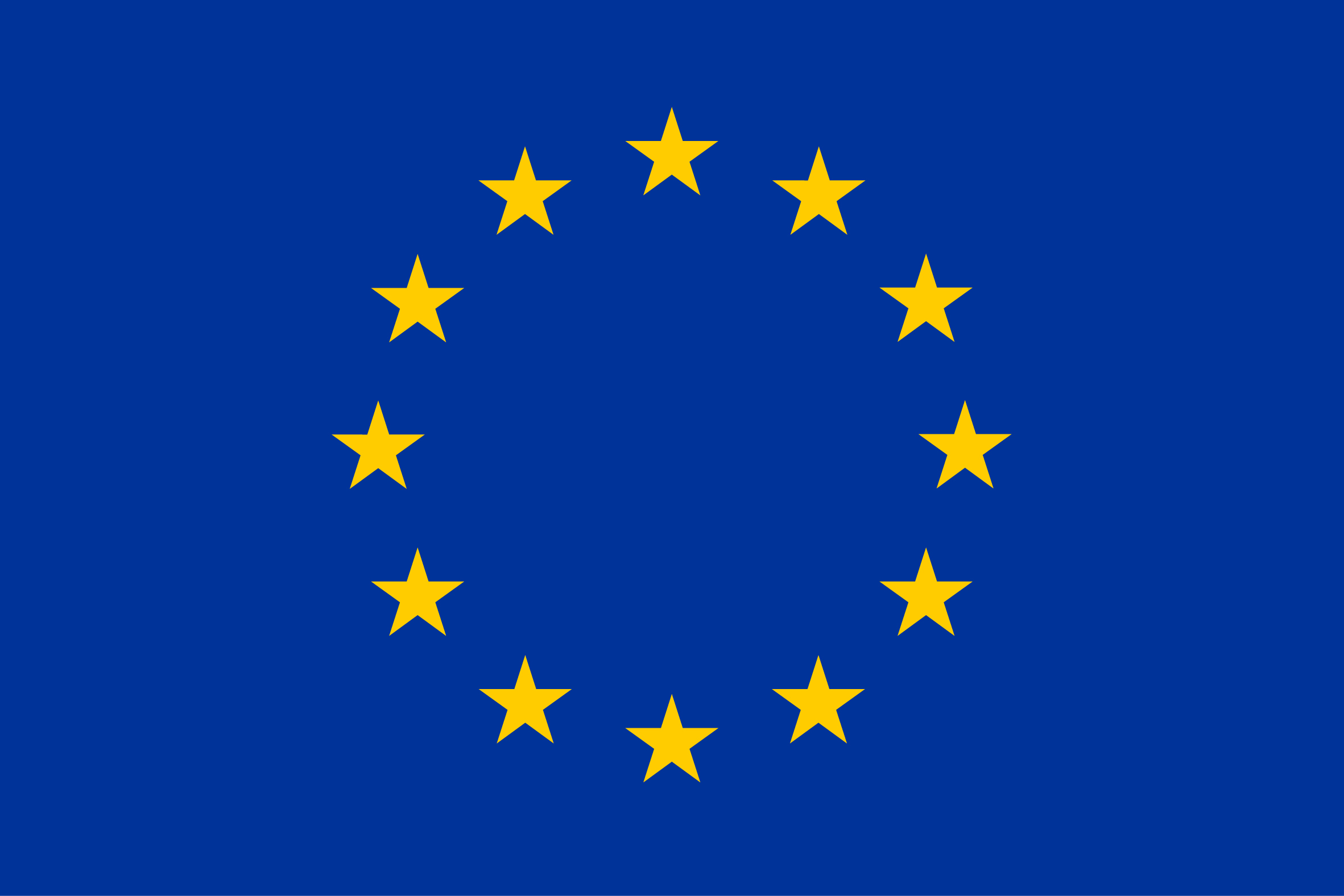About the Computational Politics
|
Politics (in Greek: ‘Πολιτική’, ‘city-state affairs’) refers to activities associated with decision-making in social groups (including states), or other forms of power relations among individuals and/or social strata (Wikipedia). It is essentially the art or science of government (Merriam -Webster). Therefore, politics require both the analysis of political, social and financial data, decision making and decision execution/monitoring. As all these political activities concern both information analysis and control of societal processes, they can be greatly assisted by Information Technologies (IT), notably Data Analytics, Artificial Intelligence and Systems Theory (Cybernetics). Computational Politics refers exactly to the use of AI and IT in politics and Political Science. |
Program
|
8:30 – 8:35: Opening (Prof. Ioannis Pitas) Morning sessions: Computational Politics research 8:35-12:30 CET (30 min lectures) 8:35 – 9:00: “AI and Computational Politics” 9:00 – 9:30: “Crowding Out the Truth? A Simple Model of Misinformation, Polarization, and Meaningful Social Interactions” 9:30 – 10:00: “Depoliticising Social Media? The Politics of State-Sponsored, Election-related Disinformation Studies” 10:00 – 10:30: “Algorithmic auditing of political biases in recommender systems” 10:30 – 11:00: Coffee Break 11:00 – 11:30: “Studying political communication with social media data: pitfalls, limits and opportunities” 11:30 – 12:00: “Computational argumentation for computational politics” |
12:00 – 12:30: “Media portrayals of COVID-19 in British newspapers: A comparative sentiment analysis” 12:30-13:00: Press conference on the Greek Political Barometer (in Greek) 13:00 – 13:30: Lunch Break Afternoon sessions: Computational Politics technologies 13:30-16:30 CET 13:30-14:00: “Analysing arguments from political debates: obtained results and open challenges” 14:00-14:30: “Natural Language processing for political text analysis” 14:30-15:00: “Tweet sentiment analysis” 15:00 – 15:30: Coffee Break 15:30-16:00: “Political barometer: public opinion mining using tweets” 16:00-16:30: “A methodology for Forecasting Election results from Tweets” 16:30-18:30 AIDA General Assembly |
Organizing Committee

Chair: Prof. Ioannis Pitas (AUTH)
Prof. Ioannis Pitas (IEEE fellow, IEEE Distinguished Lecturer, EURASIP fellow) is Director of the Artificial Intelligence and Information Analysis (AIIA) lab at the Aristotle University of Thessaloniki (AUTH), Greece. He is chair of the International AI Doctoral Academy (AIDA). He was chair and initiator of the IEEE Autonomous Systems Initiative (ASI). He has been principal investigator of 75+ R&D projects on Machine Learning and Digital Media. He has (co-)authored 15 books, 45 book chapters and over 950 papers in the above topics. He has 34500+ citations to his work and h-index 87+. He is ranked 319 worldwide and first in Greece in the field of Computer ogram chair of ECCV 2024. He is a fellow of ELLIS, IAPR and a Senior member of ACM and IEEE.

Dr. Symeon Papadopoulos (CERTH)
Dr. Symeon Papadopoulos is a Principal Researcher with the Information Technologies Institute (ITI), Centre for Research and Technology Hellas (CERTH), Thessaloniki, Greece. He holds an electrical and computer engineering diploma from the Aristotle University of Thessaloniki, a Professional Doctorate in Engineering from the Technical University of Eindhoven, a Master’s in Business Administration from the Blekinge Institute of Technology and a PhD in Computer Science from the Aristotle University of Thessaloniki. His research interests lie at the intersection of multimedia understanding, social network analysis, information retrieval, big data management and artificial intelligence. Dr. Papadopoulos has co-authored more than 40 papers in refereed journals, 10 book chapters and 130 papers in international conferences, 3 patents, and has edited two books. He has participated in and coordinates a number of relevant EC FP7, H2020 and Horizon Europe projects in the areas of media convergence, social media and artificial intelligence. He is leading the Media Analysis, Verification and Retrieval Group (MeVer, https://mever.iti.gr), and is a co-founder of the Infalia Private Company, a spin-out of CERTH-ITI.

Dr. Ioannis Mademlis (Harokopio University of Athens)
Dr. Ioannis Mademlis is a computer scientist, specialized in artificial intelligence. He received a M.Sc. degree in intelligent/cognitive systems (2014) and a Ph.D. in machine learning and computer vision (2018) from the Aristotle University of Thessaloniki, Greece. Presently, he is employed as a postdoctoral researcher at the Harokopio University of Athens and as an adjunct professor at the Athens University of Economics and Business. He has participated in 6 European Union-funded R&D projects, having co-authored more than 50 publications in academic journals and international conferences. He is an IEEE Senior Member and a committee member of the International Artificial Intelligence Doctoral Academy (IAIDA). His current research interests include machine learning, computer vision, natural computing, autonomous robotics and intelligent cinematography.
Lecturers

Assos. Prof. Robert Fuchs (University of Hamburg)
Assos. Prof. Robert Fuchs is Associate Professor of English Linguistics at the University of Hamburg, Germany, and is the author of “Speech Rhythm in Varieties of English” (Springer). His research interests include the study of varieties of English across the world and its use as a Native, Second or Foreign Language, including their phonetics and phonology, syntax, recent diachronic change, sociolinguistic relevance as well as applications in second and foreign language teaching and learning, and the analysis of discourse on social media. His work has been recognised with awards from the International Society for the Linguistics of English and the European Society for the Study of English.

Assos. Prof. Fabio Giglietto (University of Urbino)
Assos. Prof. Fabio Giglietto is Associate Professor of Internet Studies at the University of Urbino Carlo Bo. His main research interests are theory of information, communication, and society with a specific focus on the relationships between social systems, media and digital technologies. On these topics, he has published extensively in journals such as the Journal of Communication, Information, Communication & Society, the Journal of Broadcasting and Electronic Media, Social Media + Society, and Social Science Computer Review. He is the leading developer of CooRnet, an open source R library that detects coordinated links sharing behavior on social media.

Dr. Ioannis Mademlis (Harokopio University of Athens)

Prof. Ioannis Pitas (AUTH)

Prof. Richard Rogers (University of Amsterdam)
Prof. Richard Rogers is Professor of New Media & Digital Culture in Media Studies at the University of Amsterdam and Director of the Digital Methods Initiative. He is the author of two award-winning books published by MIT Press, Information Politics on the Web and Digital Methods. Most recently he is editor of The Propagation of Misinformation in Social Media: A Cross-Platform Analysis (Amsterdam University Press, 2023).

Prof. Francesco Sobbrio (University of Rome)
Prof. Francesco Sobbrio is a Full Professor of Economics at Tor Vergata University of Rome (Italy) and a CESifo Research Fellow (Germany). He holds a BA in Economics and Social Sciences from Bocconi University (Italy), a MSc in Economics from Warwick University (UK) and a PhD in Economics from the University of Southern California (USA). Before joining the Tor Vergata University, he worked at Luiss University, Catholic University of Milan and IMT Lucca and he was Jean Monnet Fellow at the European University institute in 2012. His main area of research Political Economy with a special focus on the impact of new and traditional media in shaping individuals’ beliefs and their overall impact on society. Professor Sobbrio has published in several international journals such as American Economic Journal: Applied Economics; Journal of the European Economic Association; Journal of Public Economics and Quarterly Journal of Political Science.

Dr. Ivan Srba (Kempelen Institute of Intelligent Technologies)
Dr. Ivan Srba has expertise in artificial intelligence and machine learning, with a focus on data emerging from user behavior on social computing and collective intelligence systems, such as social networks, knowledge sharing systems and e-learning. His current primary research interest is in countering online disinformation and misinformation. His international research record includes projects with the Harvard University (USA), The University of Sheffield (UK), The Centre for Research & Technology, Hellas – CERTH (Greece), and the University of Lugano (Switzerland). He is currently a member of CEDMO project executive board and a task leader at HE RIA vera.ai project.

Assos. Prof. Paolo Torroni (University of Bologna)
Assos. Prof. Paolo Torroni is an associate professor with the University of Bologna since 2015. His main research focus is artificial intelligence, and in particular natural language processing, multi-agent systems, and knowledge representation. He contributed within several national and international research projects, with leading roles, and authored over 200 scientific publications. He heads the language technologies lab and directs the international masters degree in artificial intelligence.

Serena Villata (Research director at CNRS)
Serena Villata is a research director in computer science at the CNRS and she pursues her research at the I3S laboratory in Sophia Antipolis (France). Her research area is Artificial Intelligence (AI), and her current work focuses on artificial argumentation, with a specific focus on legal and medical texts, political debates and social network harmful content (abusive language, disinformation). Her work conjugates argument-based reasoning frameworks with natural language arguments extracted from text. She is the author of more than 150 scientific publications in AI. Since July 2019, she has been awarded with a Chaire in Artificial Intelligence at the Interdisciplinary Institute for Artificial Intelligence 3IA Cote d’Azur on “Artificial Argumentation for Humans”. She became the Deputy Scientific Director of the 3IA Côte d’Azur Institute in January 2021. Since December 2019, she is a member of the National Committee for Digital Ethics (CNPEN).
Sponsors
 |
 |
 |
if you want to sponsor this event, please contact Ioanna Koroni:
koroniioanna@csd.auth.gr
Past events
AI Mellontology e-Symposium 2022
AI Mellontology e-Symposium 2021




